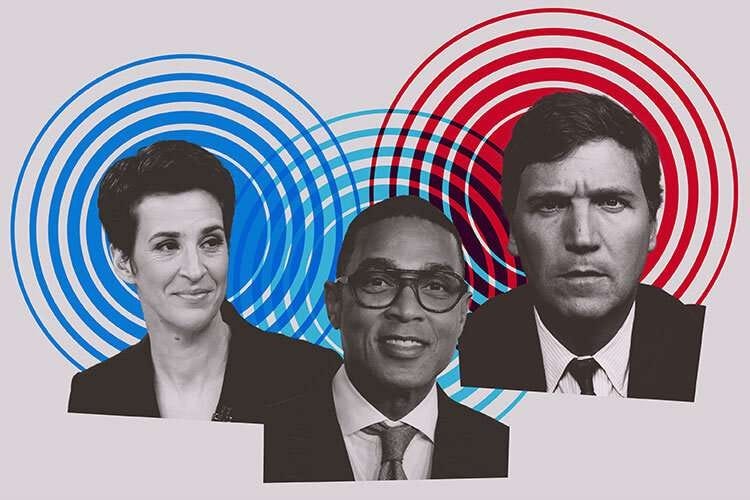Understanding Political Polarization: Echo Chambers and Complex Systems
New research from Princeton, ASU, and UC Berkeley reveals how partisan media and complex social networks deepen political divides and offers strategies to foster unity and resilience in democracy.
Political polarization is increasingly seen as a complex, dynamic phenomenon that challenges democratic governance. Recent interdisciplinary studies by researchers at Princeton and ASU, and a new study from UC Berkeley, highlight the roles of social networks, public opinion, economic factors, and media consumption in driving polarization.
Echo Chambers and Media Bias: The UC Berkeley study finds that many Americans are confined in “partisan echo chambers,” consuming news that aligns with their existing biases. A significant number of Republicans and Democrats exclusively watch networks like Fox News, MSNBC, or CNN, reinforcing their viewpoints and deepening political divides. This selective exposure not only entrenches partisan identities but also pushes moderate viewers toward more extreme positions.
Systemic and Individual Factors: Princeton and ASU researchers use complex systems theory to examine how both individual behaviors and systemic interactions contribute to polarization. They liken the loss of ideological diversity in politics to the loss of biodiversity in ecosystems, suggesting that it undermines society’s resilience and democracy’s ability to address critical issues. The studies indicate that political polarization is driven by dynamic processes involving feedback loops, where political interactions, economic hardships, and public opinion shifts mutually reinforce each other.
Strategies to Mitigate Polarization: Both studies highlight potential strategies to mitigate polarization. The Princeton and ASU research suggests fostering diverse social networks and applying systems-based approaches to understand and reform democratic processes. For example, encouraging a more balanced media diet, promoting electoral reforms like ranked-choice voting, and enhancing civic education could help counteract the echo chamber effect and reduce polarization.
The Role of Media in Shaping Public Opinion: The Berkeley study underscores the impact of media consumption on public opinion and polarization. By isolating viewers within echo chambers, partisan media creates environments where moderate voices diminish, and political leaders are incentivized to adopt more extreme positions. This can lead to a fractured public discourse that weakens the democratic process.
Conclusion: Addressing the Challenge of Polarization
Both studies underscore the urgent need to address political polarization to protect democratic institutions. Policymakers and civil society leaders must explore interventions that encourage diverse social interactions, promote balanced media consumption, and implement democratic reforms that can withstand the pressures of a polarized environment. Understanding these complexities is crucial to fostering a more inclusive and resilient democratic society.



